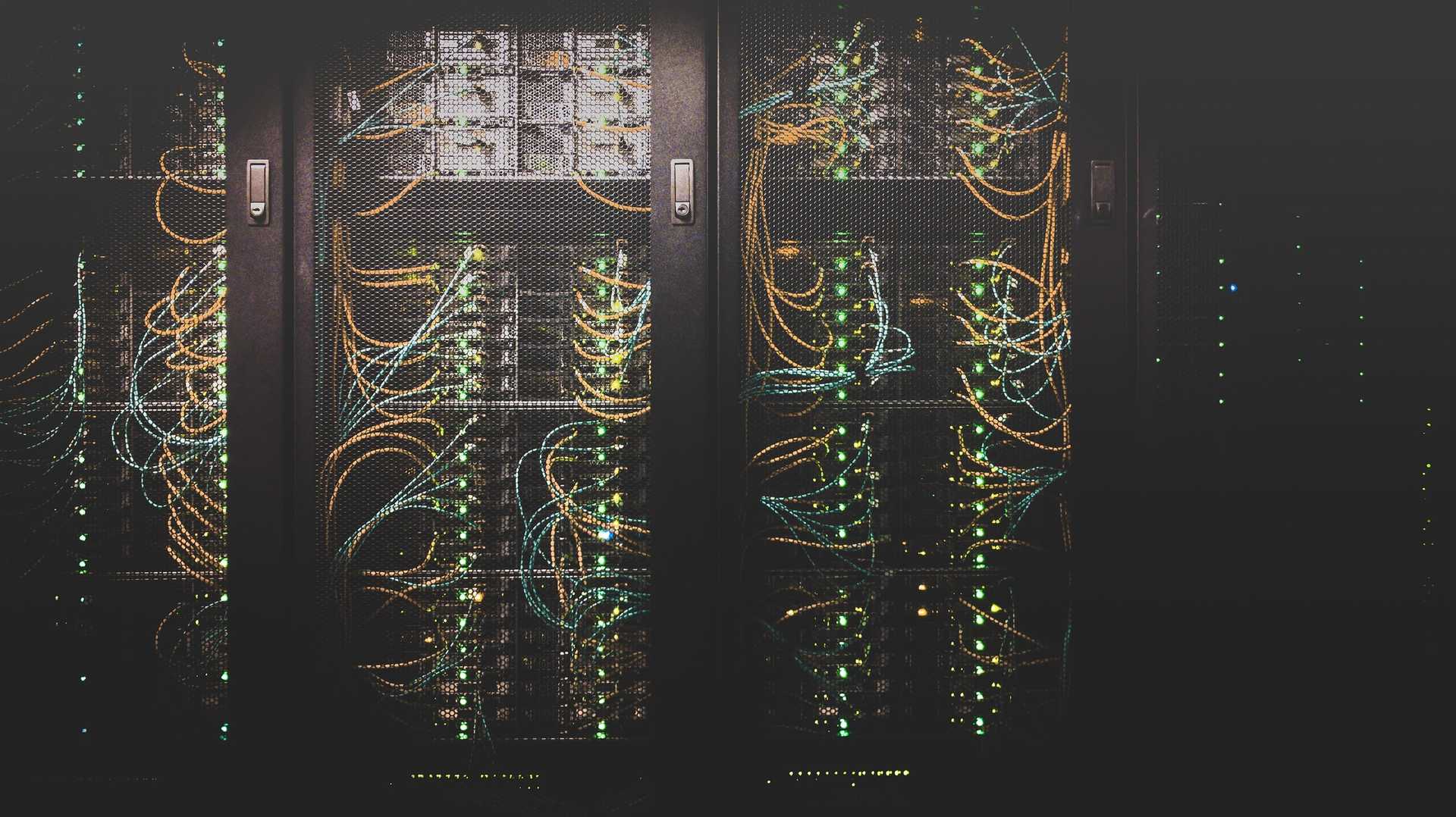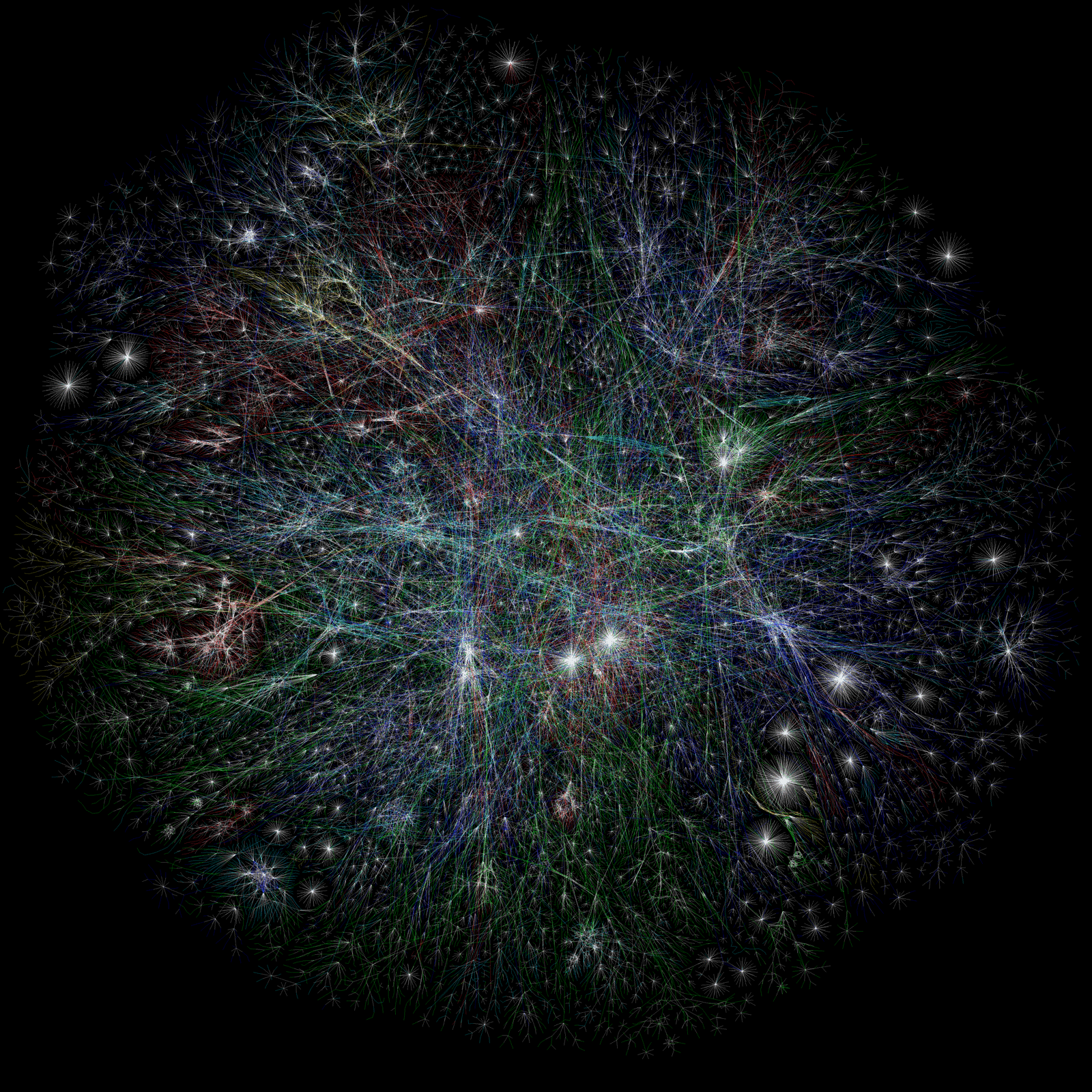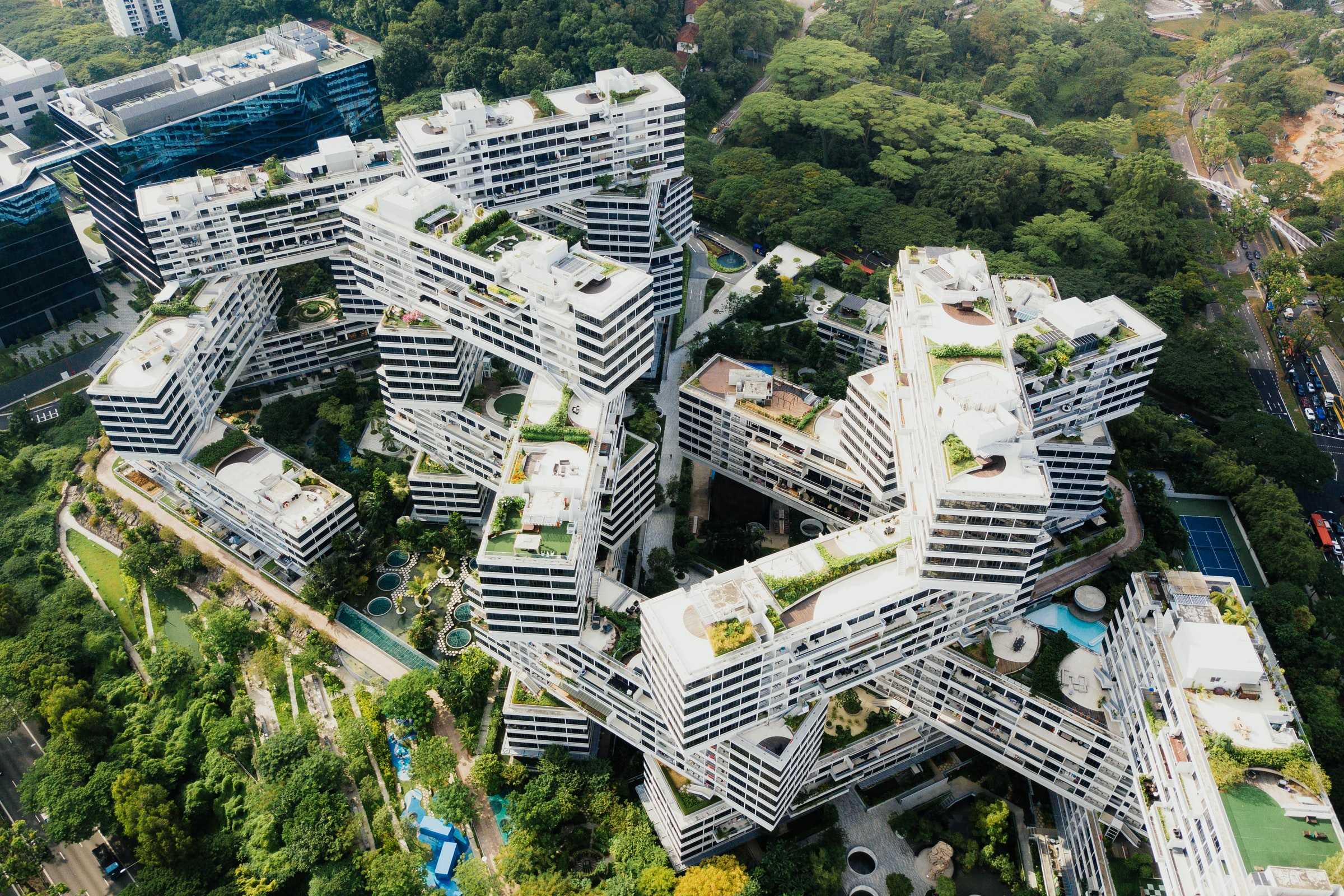
Digital twin interoperability
As digital twins for individual smart building and infrastructure systems are rolled out, modeling the exact state of every component in full detail, direct integration across a building or city will become difficult. Instead, a "digital master" sourcing state information from individual digital twins via open APIs can provide a single and reliable source of truth.
Several efforts are underway to create standards that enable this high degree of integration across systems from different vendors. Microsoft has developed a smart building solution based on its Azure Digital Twins Definition Language (github) in partnership with smart building ontology firm RealEstateCore. Google has launched a Digital Buildings (github) project, "an open-source, Apache-licensed effort to create a uniform schema and toolset for representing structured information about buildings and building-installed equipment." The goal is to enable applications and analyses that can be ported easily from building to building. In Google's approach, "[i]ntegration is achieved through a combination of semantically-expressive abstract modeling, an easy-to-use configuration language, and robust validation tooling."
This points towards a future where supercharged infrastructure systems give rise to a rich array of interconnected data streams, aggregated at various points to provide needed topsight—an overall understanding of the big picture, and in the short-run at least, a competing set of standards for doing so.




..png)
